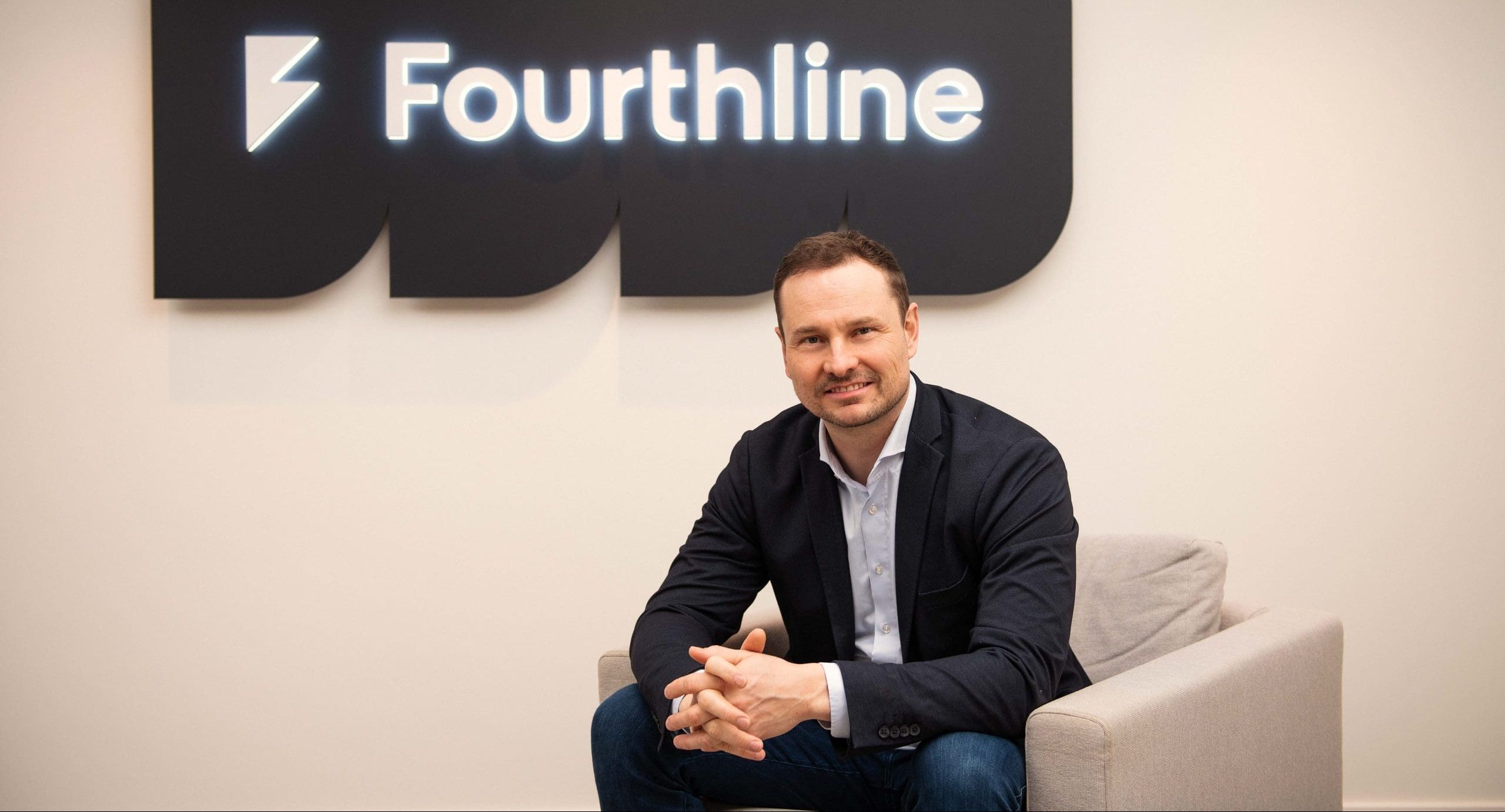The crypto market is struggling with the reputation of being an El Dorado for money launderers. Regulators intervene. In Europe, the MiCA draft law provides for the introduction of KYC (Know Your Customer). This causes a stir in the scene: the right to anonymity – a relic of the past?
In an interview with BTC-ECHO, Peter Grausgruber, the CFO of Fourthline, a leading KYC provider in the fintech sector, talks about the fight against financial crime, processing processes between crypto companies and regulators – and the potential of new identification mechanisms such as zero knowledge proofs.
BTC-ECHO: In your experience, what is particularly important in the fight against financial crime?
Peter Grausgruber: Above all, it is important not to skimp on quality – especially in the FinTech sector, where rapid growth often prevails. You shouldn’t give financial crime a chance from the outset, otherwise you’ll be fighting an all the bigger battle afterwards.
Many large crypto companies are struggling with the sins of the past. Have they missed the connection to a regulated world?
We’re talking about a young market here. I see many parallels in its development with the classic financial industry, only at a faster pace. There, too, there was the problem of a lack of regulations at the time. A reappraisal process is currently taking place on both sides: at the companies and the regulators. It is important that you go this route at all.
What exactly do you offer at Fourthline?
We use features related to KYC and AML processes for our customers, i.e. customer onboarding and money laundering prevention. Our reputation precedes us – with international customers such as Trade Republic, N26 or Solaris. Crypto companies are very much in the focus of regulators. With us, you meet the highest quality standards when it comes to compliance.
KYC in particular is a sore point in crypto. DeFi or popular wallets like MetaMask block it. But MiCA makes identification mandatory, especially for large exchanges. Will there be another KYC-free zone in the future?
In principle, KYC will always exist in a figurative sense. The question is more one of technology. Which form of verification for which counterpart do I use? Nowadays the technology is built on central systems that a regulator can check. If you work with the right partners, there is no need to worry about KYC. That doesn’t have to be a bad thing. There are proper processes, the data is kept safe.
The classic crypto enthusiast would now say: Anonymity is a right of mine. I do not want to give my data. How do you feel about this – an outdated mindset?
I would tell everyone their opinion. This is also justified. We have to work with the systems that we currently have. Anything on the financial spectrum needs some regulation and standardization. You have to give the market time to develop. Maybe later there will also be ways to implement KYC, as some users expect.
When it comes to what these users want, a buzzword often comes up: zero knowledge proof. A form of proof of identity without providing personal information. Is that a way that will work in the future – also in the regulatory environment?
That could well be the case. We are always working on new technologies. That’s part of our philosophy. You will also have to think about something like this to offer customers additional security and features. We will see how this is applied and lived. Accordingly, we do not close our minds.
Could this replace a KYC process?
It’s a different kind of KYC.
It is better?
It’s too early to judge.
With the transfer of funds regulation, the following applies in Europe: From amounts of 1000 euros, it must be clear who owns the wallet on the other side. Is this workable? You would then have to be able to identify all wallets.
A lot is possible with blockchain and crypto. The question is: How deep does the other person’s identification have to go? I can’t specifically answer how easy or difficult it will be for companies, but clarification is always good.
From your point of view: Is MiCa a sensible legislative package?
What you can currently see in Europe: Every country regulates very differently, still. There is the European Union and a certain standard. However, the interpretation of this is very different. We see that very intensively ourselves. A solution across all countries makes perfect sense. My impression: the companies welcome this.
The latest issues of BTC-ECHO Magazine
You might also be interested in this
